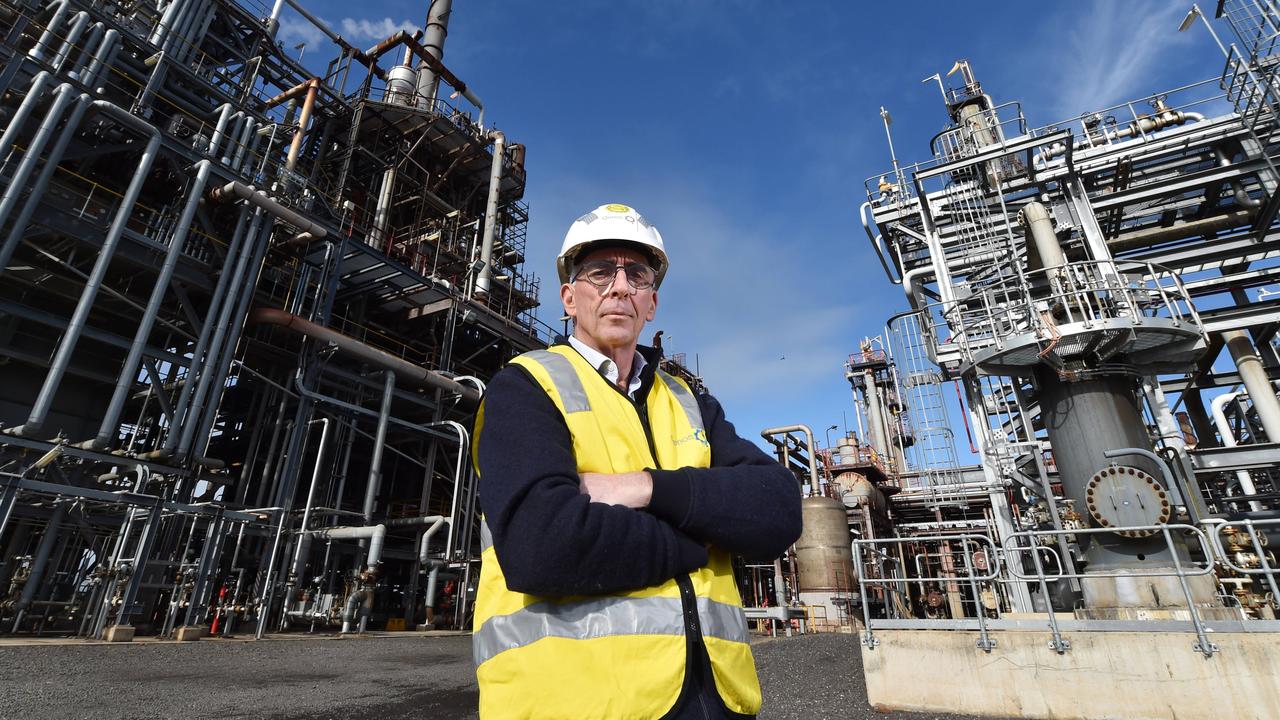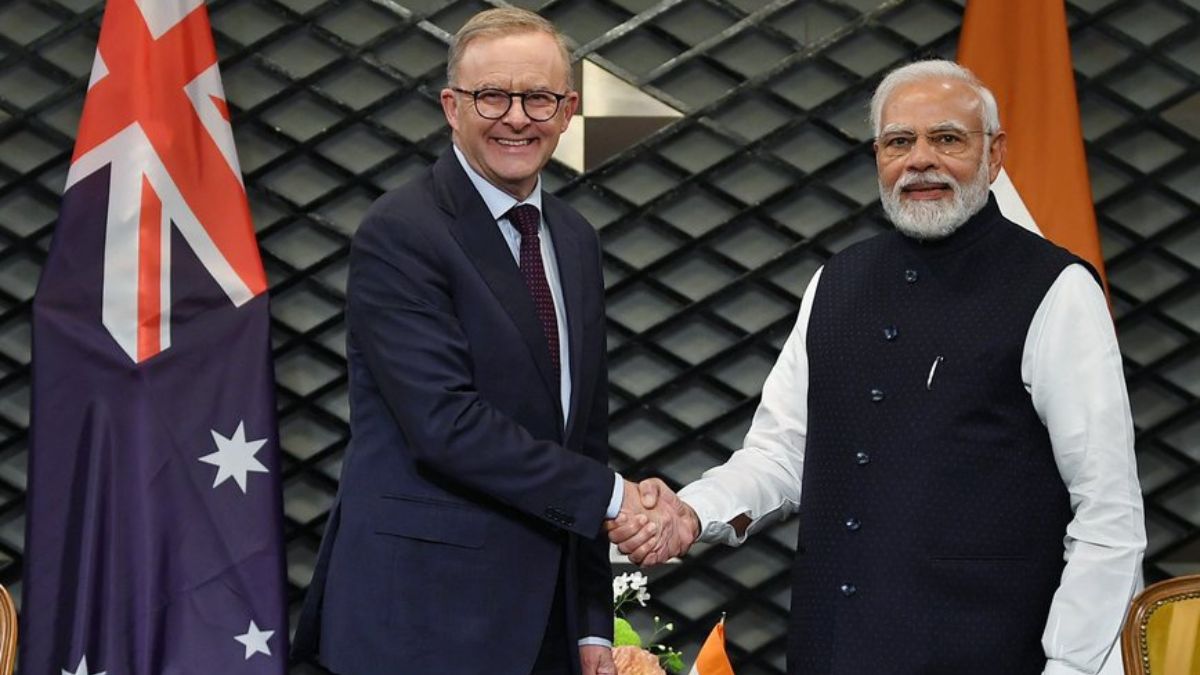Hundreds of Aussie jobs at risk

- by Admin
- April 11, 2024

Rumours continue to swirl that Australia’s biggest plastics and chemical manufacturer could shut down, putting 700 manufacturing jobs, supply chains and the nation’s recycling capability at risk.
Qenos operates out of Sydney and Melbourne and has been hit with multimillion-dollar losses and increased energy costs over the past couple of years.
The company produces plastic resin products and is one of Australia’s biggest chemical manufacturers.
Just like a lot of businesses and households across the country, Qenos has felt the heat from soaring gas and energy prices.
For years the company has voiced concerns that Australian manufacturers were being hit with “huge increases in energy costs”.
The Australian reported this month that the Chinese owner of Qenos, China National Chemical, and property developer Logos were in the midst of a deal to sell the manufacturer’s sites in Port Botany and Altona.
While the deal is yet to be complete, The Australian indicated that the industrial sites were at the centre of the deal rather than Quenos’ operating business.
Along with hundreds of manufacturing jobs, supply chains and Australia’s ability to recycle plastic would also be at risk.
Qenos was one of two companies in the country that could produce the resin required to make complex plastic products, The Australian reported.
Recycling industry expert Helen Millicer told the newspaper that the “loss of Qenos production plants in Sydney and Melbourne would make it almost impossible to establish an end-to-end recycling industry for plastic” in Australia.
The National Plastics Plan 2021 sets out a 70 per cent target of plastic packaging to be recycled by next year.
2GB broadcaster Mark Levy told his audience on Thursday that the flow-on effects from Qenos’ closure could ruin that plan.
“They can forget about it if Qenos shuts,” Levy said.
“In 2022, Qenos launched a feasibility study with Cleanaway to break down 1000 tonnes a year of packaging into its chemical components then back to a resin for future use.
“(That) is the same weight as two Sydney Harbour Bridges, that is a lot of recycled plastic.
“That 100,000 tonnes of plastic will now end up in landfill.”
Levy said because of Australia’s high gas and energy prices our biggest plastic manufacture could shut down.
“But we have to be honest about this, it is just not the greenies that are behind high gas prices, it is also the gas companies,” he said.
“Right now, Australia produces almost six times the amount of gas needed to supply our manufacturing industry, power stations and homes.
“But more than 80 per cent of Australia’s gas is exported or used to convert to LNG exports. Why?
“Exporting gas at international prices is more profitable than providing affordable gas to Aussie households and businesses.
“As a result, big gas has been making billions of dollars – and cop this – because the gas supply is so tight in the domestic market, it is common to find that Aussie gas is cheaper in China then it is here at home.”
Both Qenos and Logos have been contacted for comment.
The Latest News
-
November 22, 2024Australian coffee culture is world-class. Here’s how it’s about to get better
-
November 22, 2024Aussie golfers make strong start to Tour Championship
-
November 22, 2024Why the AFC has a huge impact on the Australian fashion industry – RUSSH
-
November 22, 2024‘Controversial’ DRS call burns India in early drama
-
November 22, 2024Cricket ready to honour Phillip Hughes on 10-year anniversary




